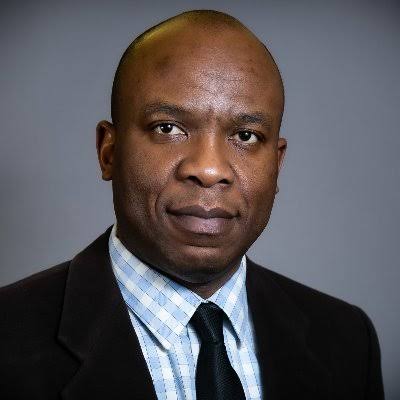Politics is a game of perception, and every leader knows the stakes. How you tell your story can make or break your time in power. President Bola Ahmed Tinubu seems to understand this better than most. His recent shake-up of the presidency’s media team has stirred plenty of debate, not just about the new structure but about what it says to Nigerians facing tough economic times.
Here’s the story: Tinubu has brought in three Special Advisers to manage the government’s messaging. Sunday Dare, a former Minister of Youth and Sports Development, now serves as Special Adviser on Media and Public Communications. Daniel Bwala, previously aligned with Atiku Abubakar—Tinubu’s rival in the last election—has been reassigned as Special Adviser on Policy Communication. Meanwhile, Bayo Onanuga, a seasoned journalist and co-founder of The News Magazine, continues as Special Adviser on Information and Strategy. Together, these three are tasked with presenting a unified voice for the presidency.
Sounds straightforward, right? Not quite. The changes have drawn fire from critics, who see cracks in the strategy. Atiku Abubakar’s aide recently mocked Bwala’s reassignment, calling it a “demotion” and questioning why someone with little media experience was chosen in the first place. It’s no secret that Bwala’s switch from supporting Atiku to joining Tinubu has raised eyebrows, with many wondering if his role is about loyalty more than skill.
And then there’s Sunday Dare. Once a minister—a far more powerful position—he now finds himself in a role many see as a step down. Some believe his reassignment is an attempt to tap into his media expertise, while others see it as a subtle sidelining. Onanuga, with his decades of media experience, remains a steady presence, but even his credibility hasn’t shielded the administration from accusations of overspending on communication.
For Nigerians watching this unfold, the frustration is palpable. “We don’t need more talk; we need action,” a market trader in Ibadan said, summing up the mood of many. With inflation soaring and fuel prices hitting record highs, the government’s emphasis on public relations feels disconnected from the daily struggles of ordinary people. Tinubu’s frequent international trips and the resources poured into media operations haven’t helped, with critics arguing that the government’s priorities are misplaced.
This isn’t just a Nigerian story—it’s a global one. Leaders everywhere rely on media teams to shape public perception. President Joe Biden’s team in the U.S. carefully crafts his messaging, while Canada’s Justin Trudeau uses social media to maintain his relatable image. But in times of economic hardship, citizens are less interested in spin and more focused on solutions. Even French President Emmanuel Macron faced backlash for expanding his communication budget during a financial crisis.
To Tinubu’s credit, his administration has rolled out programs like food distribution and small business support to ease economic pressure. But many Nigerians see these as short-term fixes. “You can’t spin away hunger,” one Lagos woman said, expressing the skepticism shared by many.
For Tinubu’s new media team, the challenge is clear. They must go beyond words, ensuring that their messaging reflects real progress. Nigerians are listening closely, not just to what the government says but to what it does. In the end, while spin can shape perception, it’s the results—affordable fuel, jobs, and stability—that will truly matter.
— Abidemi writes from Pleasanton California
Share your story or advertise with us: Whatsapp: +2347068606071 Email: info@newspotng.com












